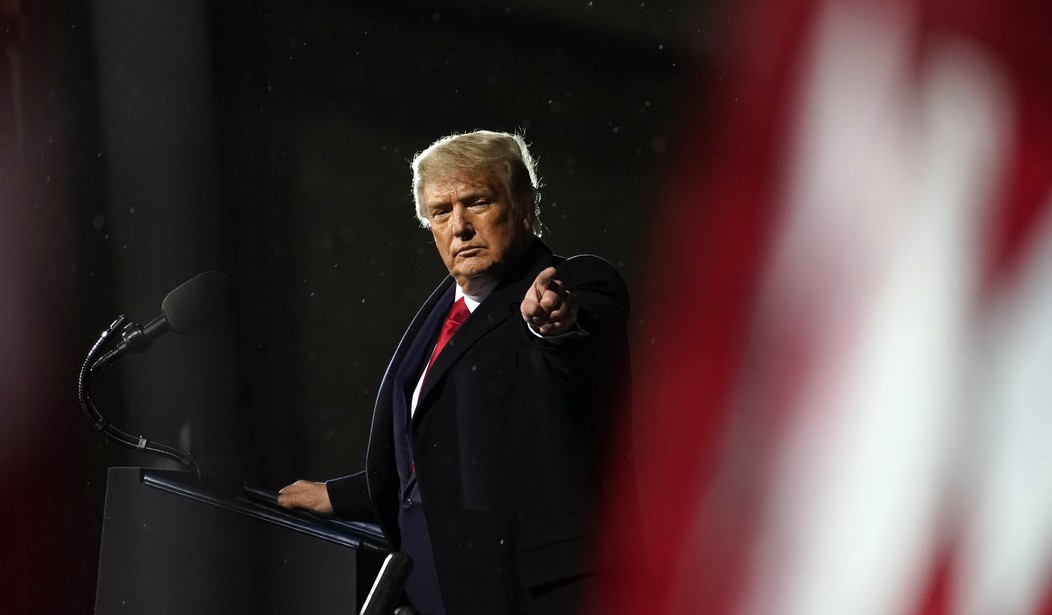President Trump has identified a lawsuit filed by Texas Attorney General Ken Paxton as "the big one" when it comes to his legal challenges over the November election. If the Supreme Court decides to hear the suit, the president has asked a Republican senator to argue the case.
President Trump called Sen. Ted Cruz (R-TX) to ask if he would be willing to make oral arguments in the Texas case if it goes before the Supreme Court, The New York Times reported. The Times notes that Sen. Cruz argued cases before the Supreme Court as solicitor general of Texas before joining the Senate in 2013.
According to The Times, Sen. Cruz has agreed to the president's request.
Cruz offered earlier this week to present oral arguments in a different case involving no-excuse mail-in voting that took place in Pennsylvania. But the Supreme Court decided not to intervene.
The Texas attorney general claims the defendants exploited the coronavirus pandemic by making changes to election rules inconsistent with relevant state law. Paxton argues the changes violate the U.S. Constitution because they were made by non-legislative entities. The lawsuit aims to delay the appointment of presidential electors from the defendant states.
Recommended
On Wednesday, the president filed a legal motion to intervene in the Texas case, arguing the president's rights as a candidate were affected by the actions of the four battleground states of Michigan, Wisconsin, Georgia and Pennsylvania.
A group of 17 states has filed a brief with the Supreme Court in support of the Texas lawsuit.

























Join the conversation as a VIP Member